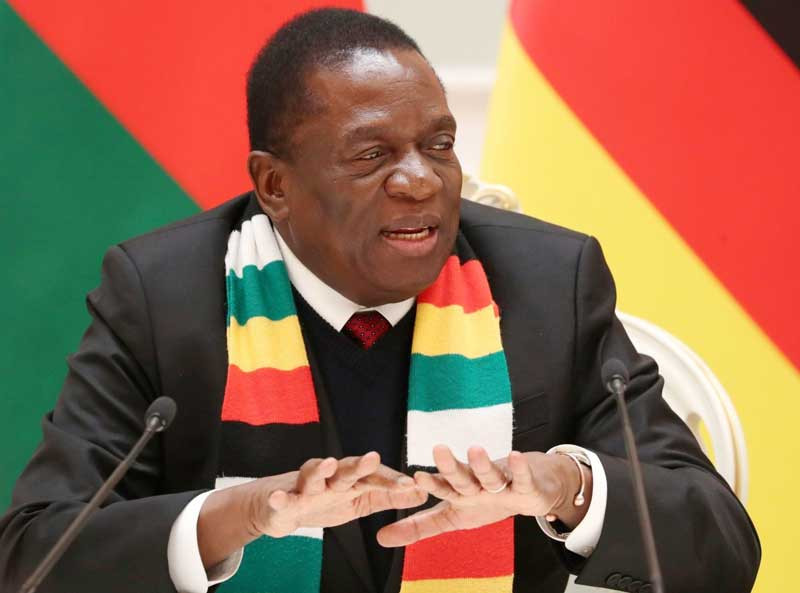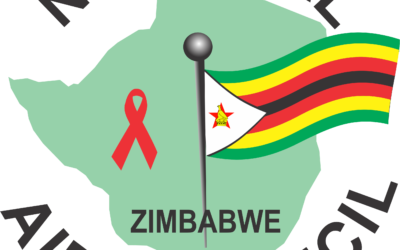
Zimbabwe and Zambia are countries tied together by history and geography, initially as British Protectorates of Southern and Northern Rhodesia, and under the Federation of Rhodesia and Nyasaland (now Malawi). That union collapsed in 1963, but the bonds that cojoined the two countries have remained strong.
According to the Zimbabwe National Statistics Agency, the two countries enjoyed trade worth US$388,11 million between them last year. Zimbabwe imported goods worth US$245,76 million from Zambia and exported products worth US$142,35 million to the neighbouring country.
That is a significant amount of forex for our cash-strapped nation, and we highlight this because of the political tensions between Zambia and Zimbabwe, largely as a result of President Emmerson Mnangagwa’s diplomatic faux pax during a recent trip to Russia.
Unaware that the meeting was not only being recorded, but would be released to the media, Mnangagwa made unflattering remarks about our northern neighbour.
“The West has just begun consolidating its power in Zambia, our next neighbour. You know, there was a time when Zambia and Zimbabwe were one; it was called Northern and Southern Rhodesia. It was made one by the British, but they are now separate.
And the Americans are consolidating their power in that country, both in terms of security and in terms of financial support to Zambia to make sure that we feel lonely.”
He made the remarks despite the trade between Zambia and Zimbabwe.
The remarks also come despite how some of the big local businesses have subsidiaries in Zambia and how the neighbour's economy provides a cheaper market for goods for locals, either for consumption or reselling.
- Mavhunga puts DeMbare into Chibuku quarterfinals
- Bulls to charge into Zimbabwe gold stocks
- Ndiraya concerned as goals dry up
- Letters: How solar power is transforming African farms
Keep Reading
Mnangagwa also made these remarks in Russia.
“We cannot go to the West; we have to come here because the West would want to see us down. They support our neighbours, Zambia and Malawi, very heavily.”
The second statement is significant because the West, to whom we owe the bulk of the US$19,2 billion or US$21,9 billion public debt, is being approached by Mnangagwa’s administration for debt relief.
We are no diplomats, but surely statements like these don’t bode well for such debt-forgiveness talks.
So, why would Mnangagwa make these statements? And are we truly, lonely?
Lonely would mean we cannot make over US$100 million in exports, source cheaper goods amid a hyperinflationary environment for consumption, provide businesses with an extra market to operate in, or stock for local SMEs to resell.
Yes, Zambia is a significant partner and, arguably, one of two nations keeping Zimbabwe’s economy alive in the region, the other being South Africa which is going through political upheaval.
This is why, as a nation, we cannot afford to alienate critical partners like Zambia because think about what the alternative would be for consumers and businesses alike.
The President’s speech also goes against his mantra of ‘Zimbabwe is Open for Business’, when the market is not looking for policy inconsistencies.
After all, policy inconsistencies have made a large contribution to the country’s poor economic performance.
We need partners.
If anything, we are the ones who do not want to participate in the global economy because of policy inconsistency, disrespect to property rights, high taxation, volatile local currency, corruption, and high unemployment, to name a few challenges.
The only way we can get partners is to open up the market.
Not with words, but with actions.
Basically, we need supportive legislation to boost local and external confidence, which without we are going nowhere.
The government must take heed of how slowly, but surely, liberation movements across the continent are losing touch with millennials, the next generation, which threatens alienate them from reality even further.






